We asked Sarah Maclay to come up with a list of 10 favorite poets, “something that always feels almost impossible because there are also always more,” she says, “but at least it’s easier than being asked to come up with only one favorite poet.” Here’s her tribute to the dear departed poets who have influenced and shaped her sensibility.—The Editor
Federico García Lorca — an early touchstone; surreal, intense, addictive, sustaining. Lorca, purveryor of the “dark sounds” of duende, was also a friend of Salvador Dalí, who encouraged his exploration of the surreal, and Pablo Neruda (another favorite of mine), who offered him a place to stay in Chile during the Spanish Civil War. Had he taken Neruda up on that offer, he would have avoided the assassination that Franco’s soldiers carried out. “Selected Poems.”
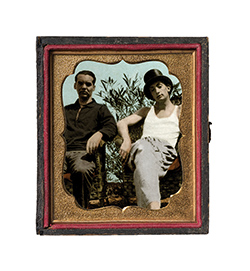
Rainer Maria Rilke — that seminal soul-searching, deep, nourishing poet of the ineffable, whose work began to expand even more with the sculptor Rodin’s instructions in seeing. “The Duino Elegies.”
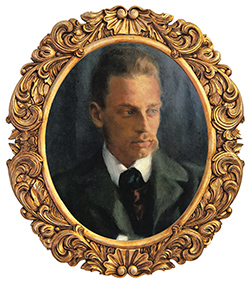
Tomas Tranströmer — My favorites of his are dreamlike, distilled, spare. He could also travel into density. In person, I found him very kind. “The Great Enigma.”
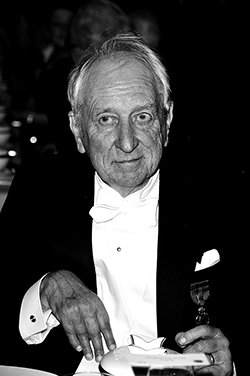
Louise Glück — insightful, unflinching, imagistic, piercing; prowler of the relational wound, the familial and feminine dilemma. “The House on Marshland.”
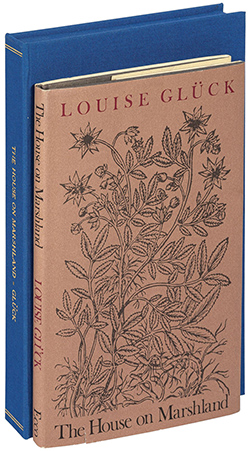
Jean Valentine — elliptical, spacious, often dreamlike, she remains a touchstone for so many of us. “Break the Glass.”
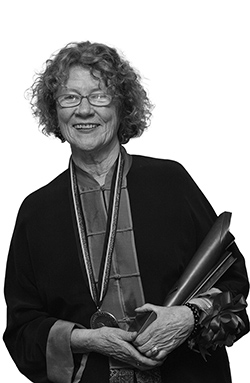
W.S. Merwin — that classic “deep image” poet of inner spaciousness and growing eco-aware paratactical consciousness, master of what I call “the floating poem,” as well as trenchant experiments in his Vietnam-era “The Lice.” “The Shadow of Sirius.”
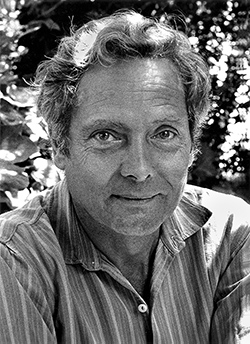
Bridget Pegeen Kelly — especially, for me, in “The Orchard,” these dense, rich rides of almost nightmarishly beautiful mythic/folkloric-feeling riffs of strange narrative can feel like dark or reimagined fairy tales.
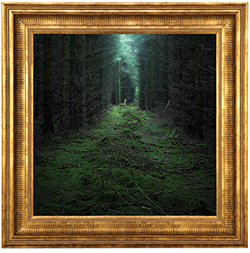
Lucy Brock-Broido — intricate; gorgeous; emotionally raw yet delicately made poems. She was also a huge admirer of the work of Wallace Stevens, something I share. “Trouble in Mind.”
Franz Wright — still-haunting, Rilke-inflected poems of wonder and despair. “Ill Lit: Selected & New Poems.”
Ralph Angel — My dear mentor of “the God Voice” whose non-linear freedom with liminal realms have been said to move like jazz. He was convinced that Ashbery was right about how the mind’s job is to connect things, so one would never have to justify or explain the progression from one line to another or, sometimes, even one phrase to the next. Two of his sayings: “Follow your hunches.” “Where is the space in this poem? Where is the silence in this poem?” A master of the silence below the words. “Exceptions and Melancholies: Poems 1986–2006.”
BONUS POINTS
The Living! — poet pals and contemporaries whose work continually floors and inspires me:
David St. John — elegant, sensuous, mystical, equally good at soothing and disturbing, beloved mentor to me and many
Gail Wronsky — surreal, funny, wise, endlessly and restlessly inventive, brainy as hell
Anne Carson — especially the synapse-tingling Autobiography of Red, she straddles the avant-garde and, as translator, the re-visioned classic
Louise Mathias — distilled, elliptical, piercing, gorgeously sensual; a poetry of eros, its dark mirror, and the desert
Diane Seuss — raw, real, imagistic, dazzlingly inventive
Ocean Vuong — gorgeously disturbing, soulful inner interlocutions of Vietnamese-American LBTQ+ experience
Holaday Mason — bracing and intimate sensuality, searchingly mystical
Mariano Zaro — precise, implacable, moving narratives of coming of age while gay in Spain
Carolyn Forche — famously geopolitically concerned and expansive and also, in “Blue Hour,” embracing of the liminal, with poems ranging from the prayer-like spare to the dense and nearly-book-length abecedarian
Claudia Rankine — especially Citizen, which definitively breaks open issues of intersectionality and experiences of micro-aggression
Terrence Hayes — funny, revealing, inventive, politically fierce
My friend and mentor Cecilia Woloch’s soulful, image-rich and accessible work, which is such a nice opening pathway for my students new to poetry
Sandra Alcosser — a highly attuned and aware poetics of place, eros, danger and friendship
Beckian Fritz-Goldberg — dazzling, searing, perception-freshening poems of longing, loss, and mere being
Eduardo Corral — the code-switching poet of borderlands, literal, sexual, and interior
And, of course — you guessed it! — there are many more (for quick instance, Larry Levis and Angie Estes), but this will give you a delicious start — and a varied one.
Sarah Maclay is the clinical associate professor of English in the LMU Bellarmine College of Liberal Arts. She has taught poetry and creative writing at LMU since 2005. Her fifth poetry collection, “Nightfall Marginalia,” is just out from What Books Press. Her poetry has appeared in APR, FIELD, Ploughshares, and elsewhere.
